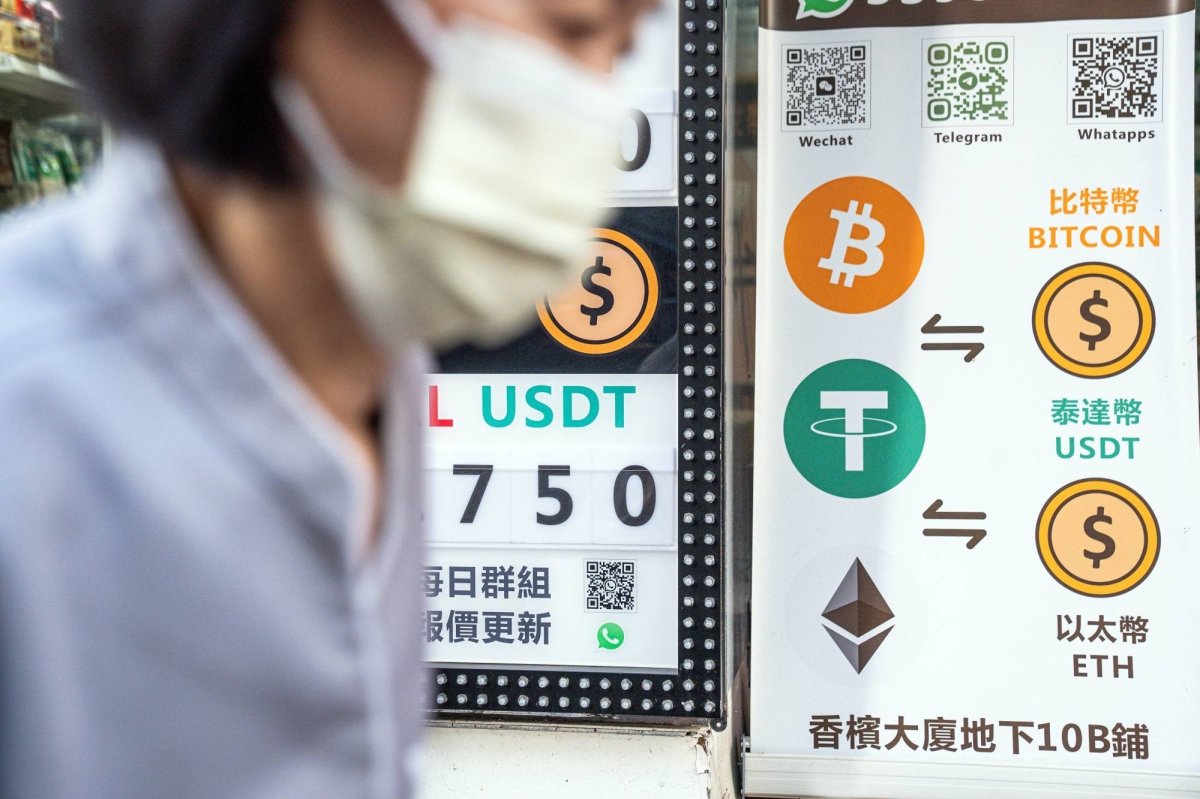SINGAPORE – Singapore’s currency and stock market edged lower on Feb 3 after US President Donald Trump announced new tariffs on imports from its biggest trade partners – China, Canada and Mexico – raising concerns of a ripple effect on everything from economic growth to inflation to geopolitics.
Analysts said global trade and growth are at risk from a wider trade war as China and Mexico follow Canada in announcing retaliatory measures, and Mr Trump targets other trade partners, such as the EU.
Mr Edward Lee, chief economist and head of foreign exchange for Asean and South Asia at Standard Chartered Bank, said that for now the tariffs will affect the Republic indirectly, stemming from the negative tariff impact on global growth sentiment and activity.
“Singapore is a small and very open economy where more than half of our growth is driven by external demand. Any hit to global growth will affect Singapore’s growth,” he said in an e-mail response to queries from The Straits Times.
The Singapore dollar was down 0.5 per cent to 1.3654 versus the US dollar at 5.30pm in Singapore. The stock market’s benchmark Straits Times Index (STI) fell 0.76 per cent to close at 3,826.47 points.
Mr Mansoor Mohi-uddin, chief economist at Bank of Singapore, said the tariffs announcement shocked markets worldwide, triggering a global sell-off in stocks, bonds and industrial commodities such as iron ore and copper.
“Trump’s early strike, just two weeks into his four-year term, is likely to hit investor confidence,” said Mr Mohi-uddin. “The consensus – including ourselves – had expected US tariffs would only threaten the economic outlook in the second half of 2025 after lengthy negotiations first between the US and its main trading partners,” he said.
US equity index S&P 500 fell 0.5 per cent and Japan’s Nikkei 225 dropped 2.7 per cent.
The US dollar, however, appreciated against most currencies on bets that tariffs will fuel inflation and keep US interest rates elevated, while also hurting other economies more than the US and adding to the greenback’s safe-haven lure.
The tariff announcement also pushed up the US benchmark crude oil prices, as levies on imports from Canada – the biggest source of US crude imports – were seen lifting pump prices of petrol.
Cryptocurrencies such as Bitcoin also dropped. Ether suffered its steepest loss in nearly four years, though it later recouped some of the slide.
The 25 per cent increase in tariffs on all Canadian and Mexican exports to the US and the 10 per cent additional tariffs on Chinese goods take effect on Feb 4.
There is a small chance that the North American partners in the United States-Mexico-Canada Trade Agreement may work out a compromise before the new US tariffs come into force, with a meeting set on Feb 3.
But Canada swiftly announced tit-for-tat 25 per cent tariffs on certain US imports. China and Mexico have also threatened retaliation.
“Without a deal, financial markets’ strong start to the year is set to come under pressure in the weeks ahead,” said Mr Mohi-uddin.
Mr Lee said StanChart’s China team estimates that the 10 per cent increase in tariffs may affect China’s growth by 1 percentage point.
The US$18 trillion (S$24.4 trillion) economy, the world’s second largest after the US, is Singapore’s top trading partner and represents significant investments by Singaporean companies and investors such as GIC and Temasek.
However, Mr Lee hoped that China would implement supportive measures to moderate the negative effect of the US tariffs.
In terms of Canada and Mexico, Singapore’s direct trade with these economies is limited, each accounting for less than 1 per cent of the Republic’s total trade, he said.
The US, which is Singapore’s second-biggest trading partner, will see its economic output shrink by 0.4 per cent between 2025 and 2034, estimated Washington-based think-tank The Tax Foundation. It also expects a drop in domestic investments and loss of employment in the long run.
Singapore has already lowered its 2025 growth outlook, expecting the economy to expand at a slower pace of 1 per cent to 3 per cent, down from 4 per cent in 2024. The central bank has also eased its monetary policy – a move seen by most analysts as buffering Singapore against any trade war-related growth shocks.
- Ovais Subhani is senior business correspondent at The Straits Times. He writes stories that demystify the latest economics, trade and finance news. He also covers key Singapore industries such as semiconductors and energy.
Join ST’s Telegram channel and get the latest breaking news delivered to you.







